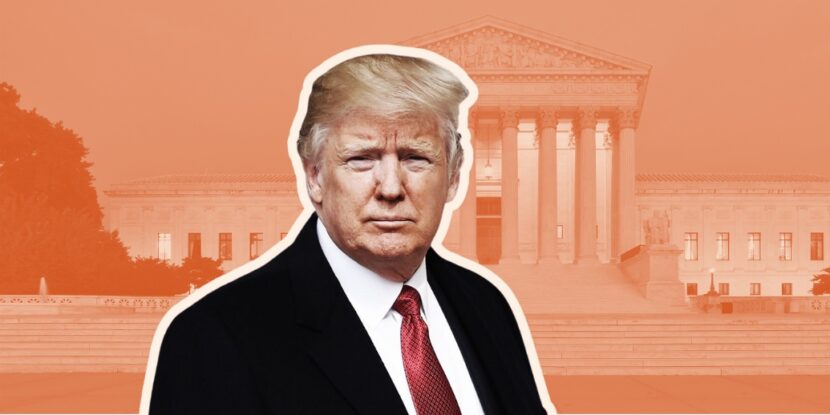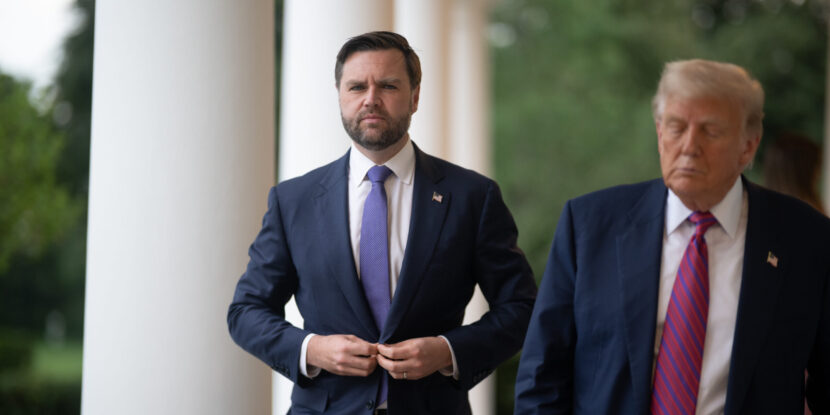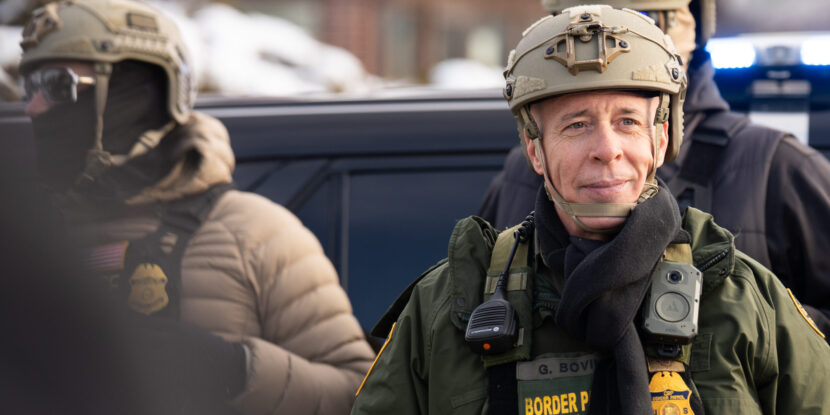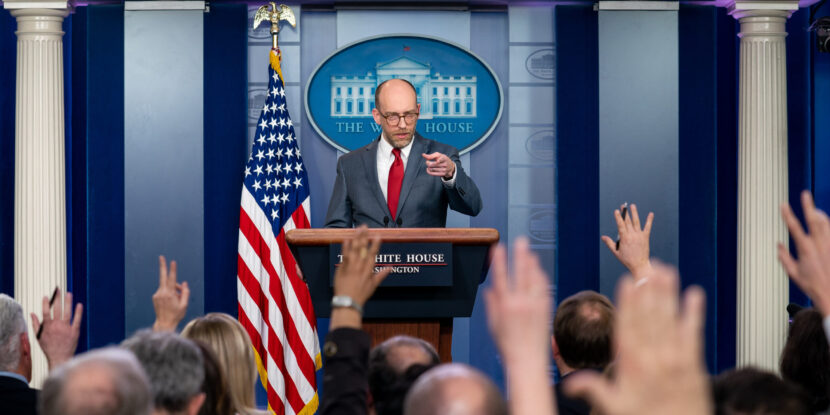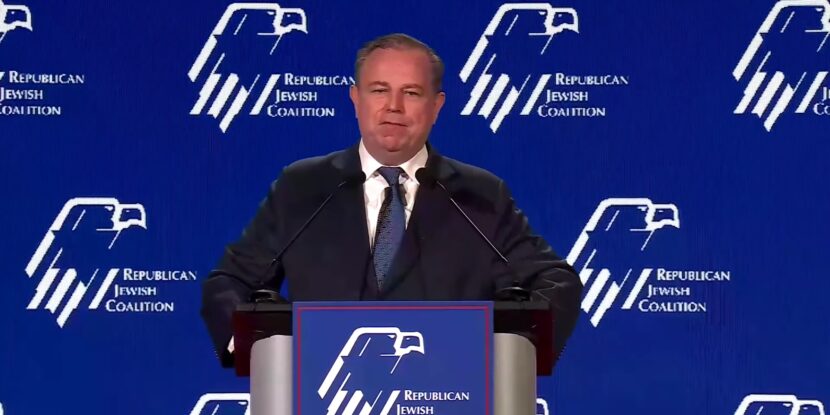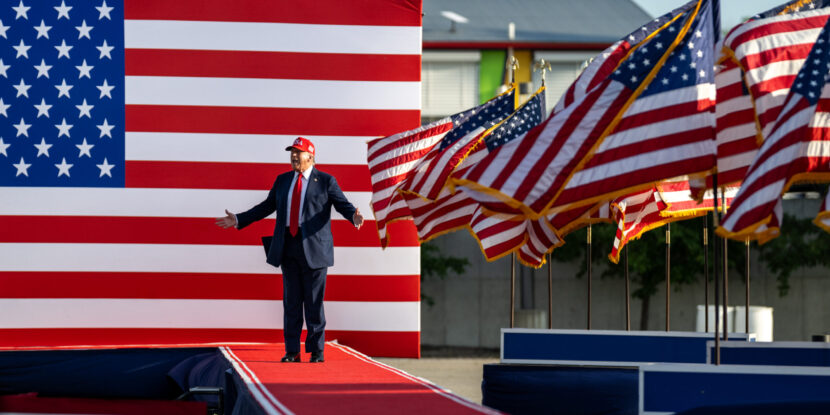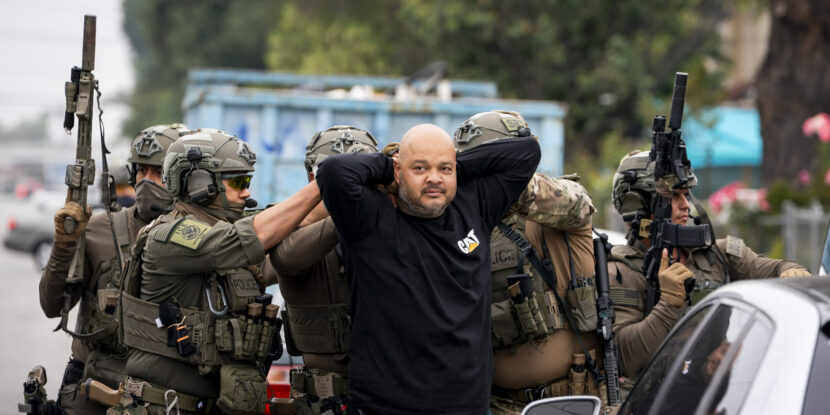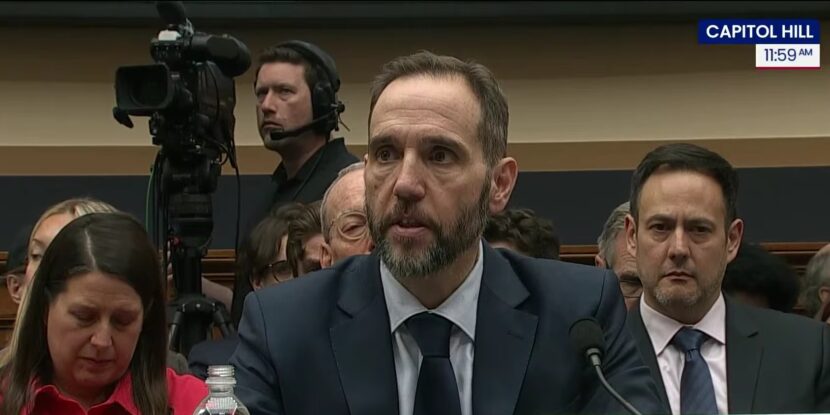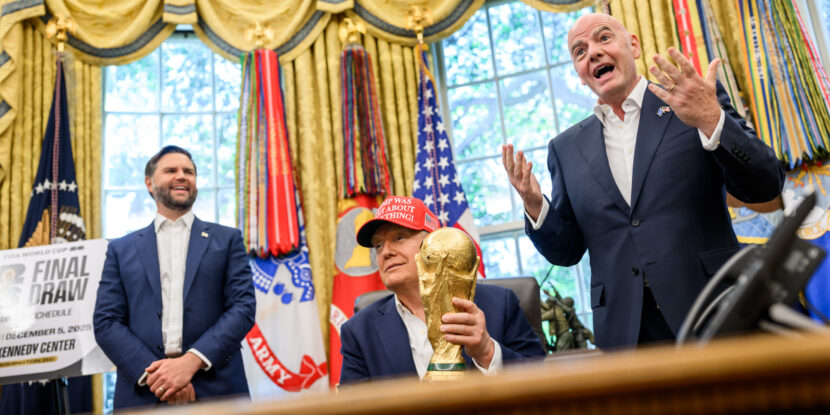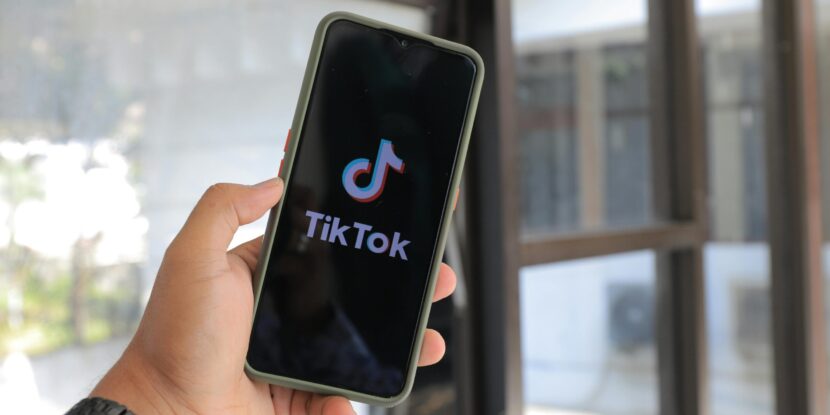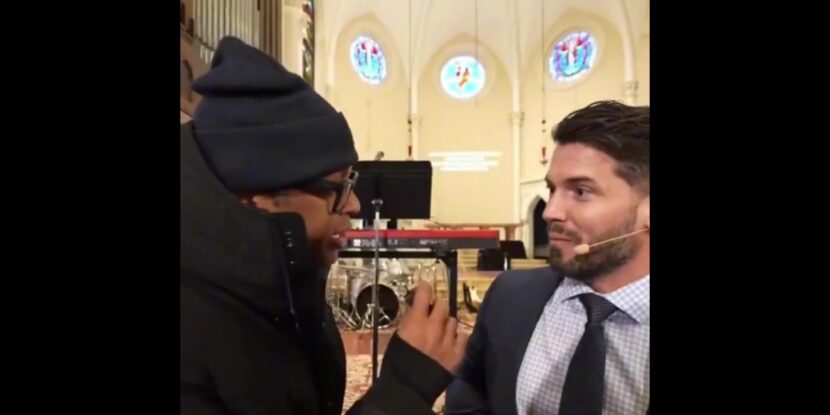The United States Supreme Court issued a ruling on Friday in Erlinger v. United States, which could have important implications for former President Donald J. Trump‘s appeal of the verdict in the Manhattan hush-money case and in the January 6 rioter prosecutions. In Erlinger, the court reaffirmed that a jury must be unanimous in its findings on a criminal conviction, even on underlying predicate crimes.
Additionally, the justices ruled that judges cannot arbitrarily impose sentence enhancements on convicted defendants and that judges cannot issue sentences for crimes beyond those of a jury that unanimously convicts. While the ruling does not directly intervene in Manhattan District Attorney Alvin Bragg‘s prosecution of the former President, it does open the question of the merit of the prosecution for Trump‘s appeal.
A BLOW TO BRAGG.
The Supreme Court‘s ruling will likely serve as one of the prongs on which former President Trump‘s defense attorneys will attack Bragg‘s case upon appeal. In late May, a Manhattan jury convicted Trump on 34 counts of falsifying business records. The charges stemmed from allegations that Trump has paid hush money to adult film actress Stormy Daniels to cover up an alleged affair and influence the 2016 presidential election.
Bragg could only prosecute the case because of an amorphous underlying federal felony that allowed him to resurrect the business record charges, which are beyond the statute of limitations. In his jury instructions, Judge Juan Merchan—who presided over the trial—told jurors they did not need to be unanimous on which federal felony would serve as the predicate crime underpinning the falsifying business record charges. In Erlinger, it appears the Supreme Court has determined that this action violates the defendant’s constitutional rights under the Sixth Amendment.
THE JAN 6 CASES.
In addition to the Manhattan hush money prosecution of former President Trump, Erlinger also has implications for the January 6 defendants. The court holds in its decision that enhanced sentencing of defendants cannot be issued through judicial fiat. Instead, judges must follow sentencing guidelines on the crimes for which a jury finds explicitly a defendant guilty.
Paul Erlinger was exposed to a potential life sentence as a felon who was found illegally in possession of a firearm after a judge applied predicate crimes, which allowed for enhanced sentencing. However, the predicate crimes in question were determined by the Supreme Court to no longer apply under the provisions used by the judge—and were not considered by the jury in their conviction of Erlinger.
While speculative, the Erlinger ruling suggests a high degree of skepticism among the justices toward the government’s enhanced sentencing procedures. This may indicate the Supreme Court intends to take this issue further in Fischer v. United States, which challenges the Biden Department of Justice (DOJ)’s use of a financial crimes law’s ‘obstruction of an official proceeding’ provision to secure enhanced sentences for the January 6 rioters. The court will likely hand down a ruling in Fischer next week.
WATCH:
BREAKING: CRA Sr. Fellow @JeffClarkUS says the Supreme Court’s Erlinger v. United States ruling today helps Trump & J6ers pic.twitter.com/YtI37hUn3j
— Center for Renewing America (@amrenewctr) June 21, 2024
